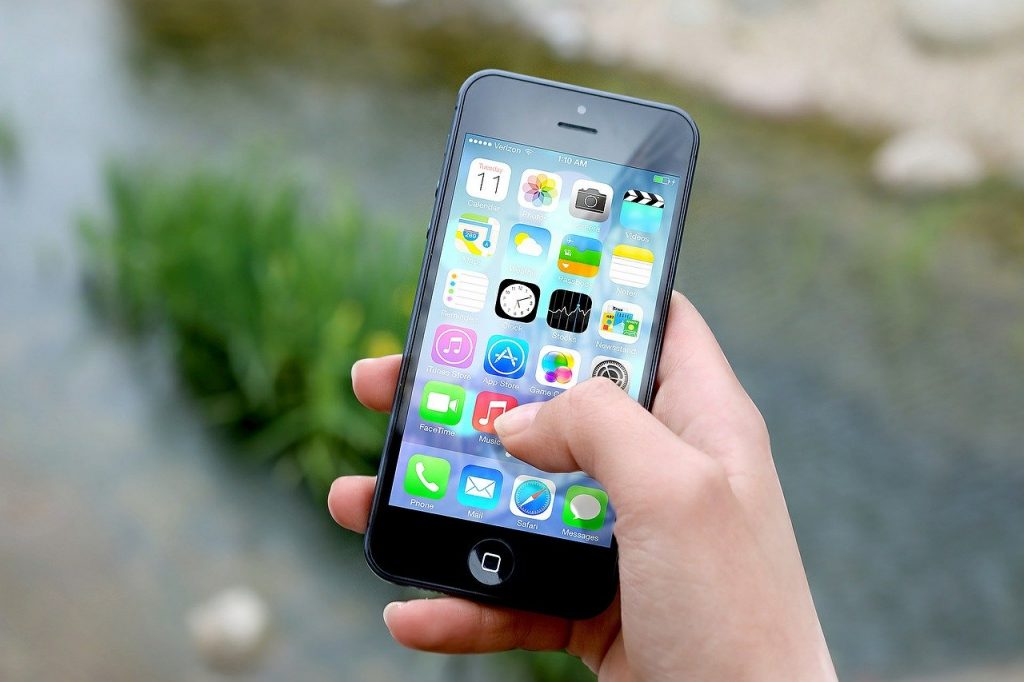Today’s world is a mobile-ready world and messaging is very popular for information and advertising. Hence guest messaging is very beneficial in hotel business too.
The adoption of guest messaging in the hospitality industry is crucial. Because it is no longer a matter that this industry is built on providing great guest experiences.
Messaging helps in getting customer data and enhancing their experience too.
So It’s only logical that SMS and messaging apps like WhatsApp, Messenger, will soon be adopted at scale.

But the change requires hoteliers to embrace messaging, and many have shown a reluctance to do so. How can I manage all these channels?
Who will respond to guest inquiries? How can we maintain control of our brand image?
Often at the core of such concerns is a misconception of what messaging is and how it fits into hotel operations.
Travelers and hotels can chat with each other in real-time using SMS.
The guest can text reception if they have any questions or special requests. From information about local tourist attractions to ordering a taxi,
In addition, the hotel can respond accordingly, speedily, and easily.
To dispel these myths, here are important truths about guest messaging.
Digital communications is a natural evolution
The hospitality industry has come a long way technologically in the past decade, and these advances have had a big impact on the guest experience.
From the speed and efficiency of booking accommodation to the ease of sharing opinions on social media, travelers and hoteliers alike have had to adjust to an increasingly connected world.
Advertisement Nowhere is this more evident than the ways in which we exchange information. Email, text messaging, social media – the speed and volume of communications have grown exponentially.
Now, with messaging apps outstripping other forms of communication in popularity, hotels cannot afford to ignore this shift any longer.
Travelers want to be able to message hotels
The slow adoption of messaging in the hospitality industry isn’t due to a lack of desire on the part of consumers.
In daily life, people use messaging to communicate with friends and family, and increasingly they expect the same convenience from businesses.
In a recent study from OpenMarket, 90 percent of hotel guests in the US and the UK said they would find communicating via messaging with a hotel useful.
Travelers don’t want to wait on hold, in a line or for an email response. It’s much easier to message the hotel.
Moreover, at a time when data privacy is a top concern, messaging apps provide a private, secure environment.
3. Messaging doesn’t create more work, it saves time
Hotel employees are often overworked, and they certainly don’t need additional responsibilities.
And yet part of the workload issue stems from dependency on the telephone, email.
And face-to-face interactions that could be more efficiently handled with digital technology.
In an age when people always have their mobile phones with them, the in-room telephone handset seems like a relic of the past.
Messaging is a much quicker, efficient, and convenient means of communication for guests and for staff.
Messaging software features like auto-replies ensure that guests receive an instant response even when staff is tied up.
Saved templates allow staff to send quick answers to common questions like hours of operation,
directions, and menu queries, ensuring that the information is always thorough, accurate, and consistent.
4. Messaging doesn’t harm service, it elevates it
With OTAs now sending in-stay surveys to travelers, messaging allows hotels to create direct connections with guests and take greater control over the guest experience.
Guests can easily send requests to staff and alert them of issues at any time of day, from on property of off, even while out exploring the city.
This kind of close communication facilitates quick service recovery and provides opportunities to provide remarkable service.
5. Messaging is a unique way to communicate
Messaging is different from the telephone, email, and face-to-face communications, and messaging with guests is different from messaging with family or friends.
To ensure that communications are clear, professional, and effective, hotels must provide staff with training and guidelines.
While the implementation of messaging technology is relatively simple. Putting into place systems and processes for receiving and following up on messages is more complex.
Successful setup requires defining procedures, responsibilities, workflows and workgroups.
6. Messaging is more than SMS
For hotels, messaging can come in many forms: SMS/text messaging, apps like WhatsApp, Messenger, WeChat and Twitter, and emerging platforms like.
Apple Business Chat and Android Messages. We have also seen the proliferation of website chat widgets that greet website visitors and offer assistance.
Messaging shouldn’t be confused with chatbots, which are computer programs designed to simulate conversations with human users.
Chatbots have a limited place in hospitality because it’s fundamentally about human contact, empathy, and personalization – qualities that computers cannot offer (yet).
Conclusion
Text messaging is now the most popular communication channel around, followed closely by direct messaging (such as Facebook messaging).
We understand that it can be difficult for hotels to manage all the separate communication channels used by their guests, especially if they are not used to these kinds of tools.
It is clear now that guest messaging is beneficial for hotels.
If you are searching for software to make your hotel website then consider QloApps. It will launch a beautiful website to manage your hotel.
If you want to know more about Qloapps contact us by QloApps Forum.
Write your ideas and suggestion in the comment box.

Be the first to comment.